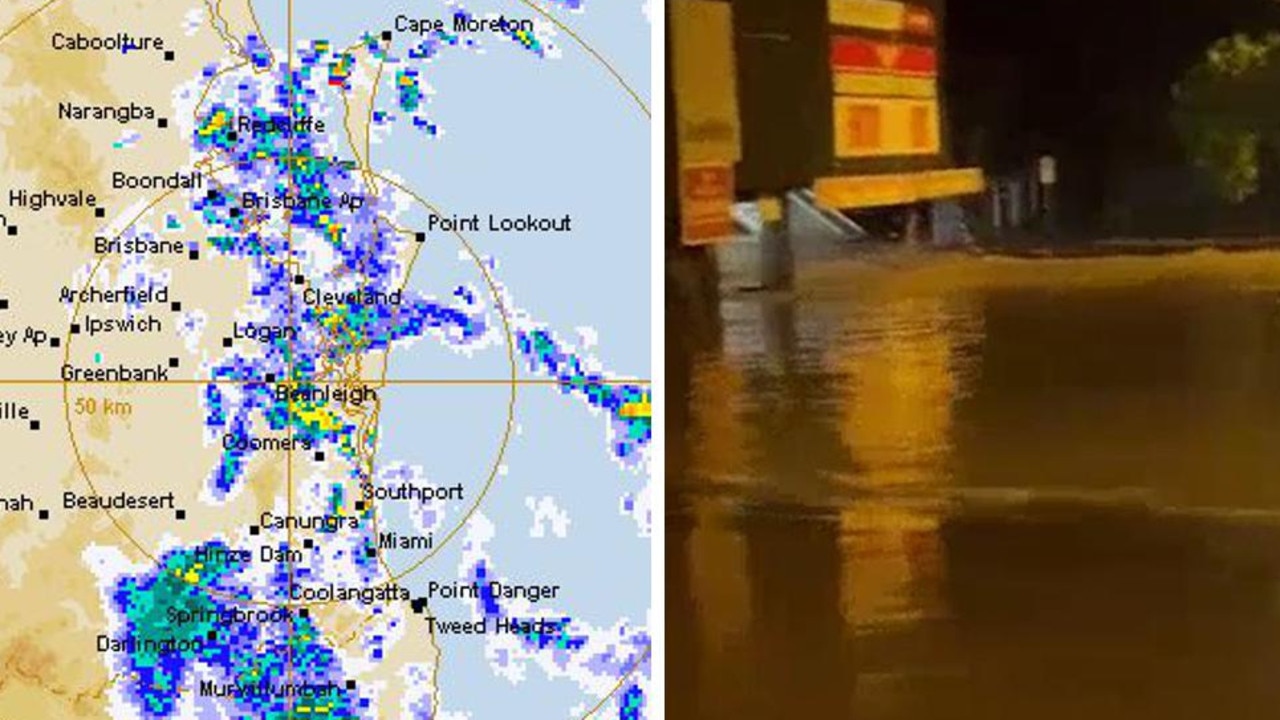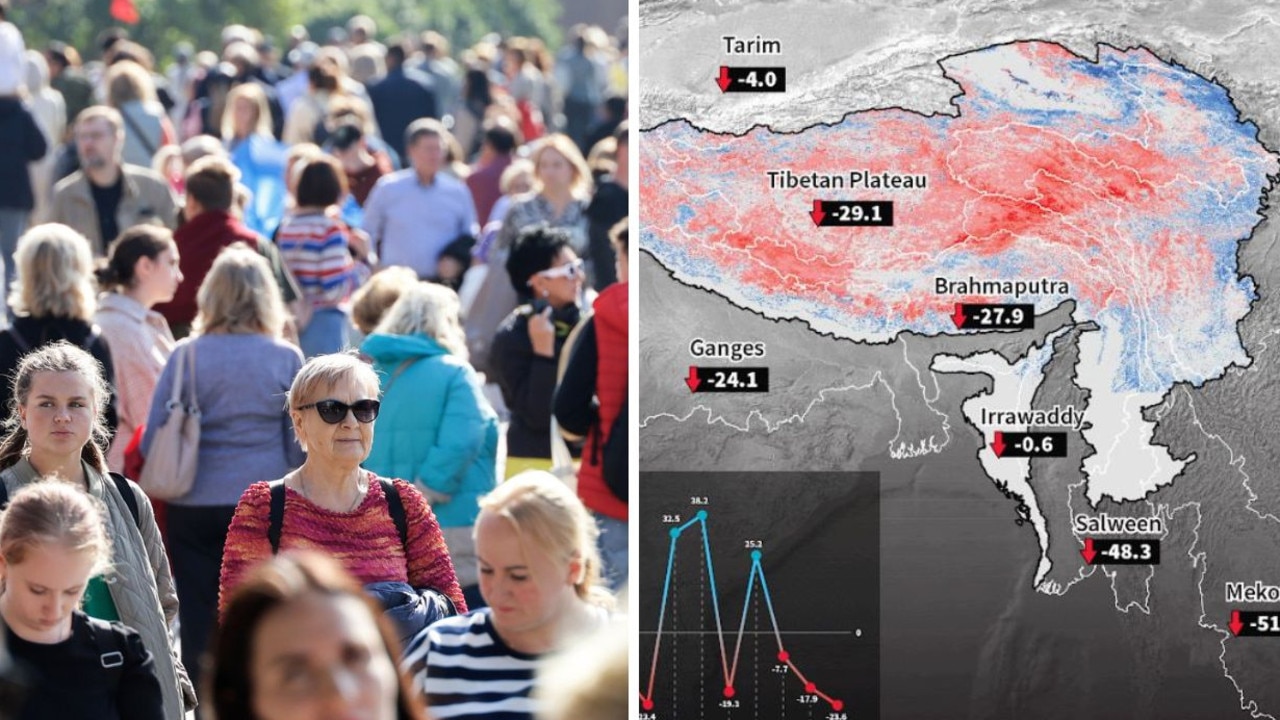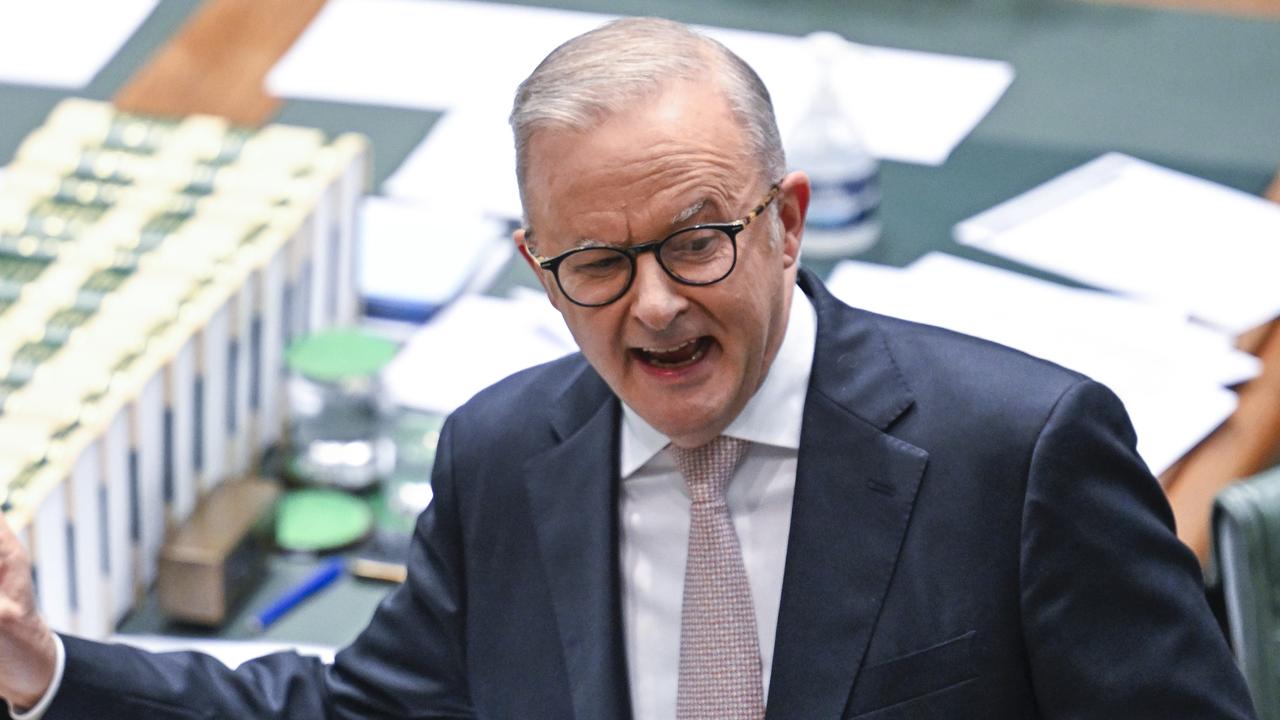Australia snubs methane reduction pledge at COP26 climate change conference
Nearly 90 countries have signed a key climate change commitment at the COP26 conference, however Australia was not one of them.
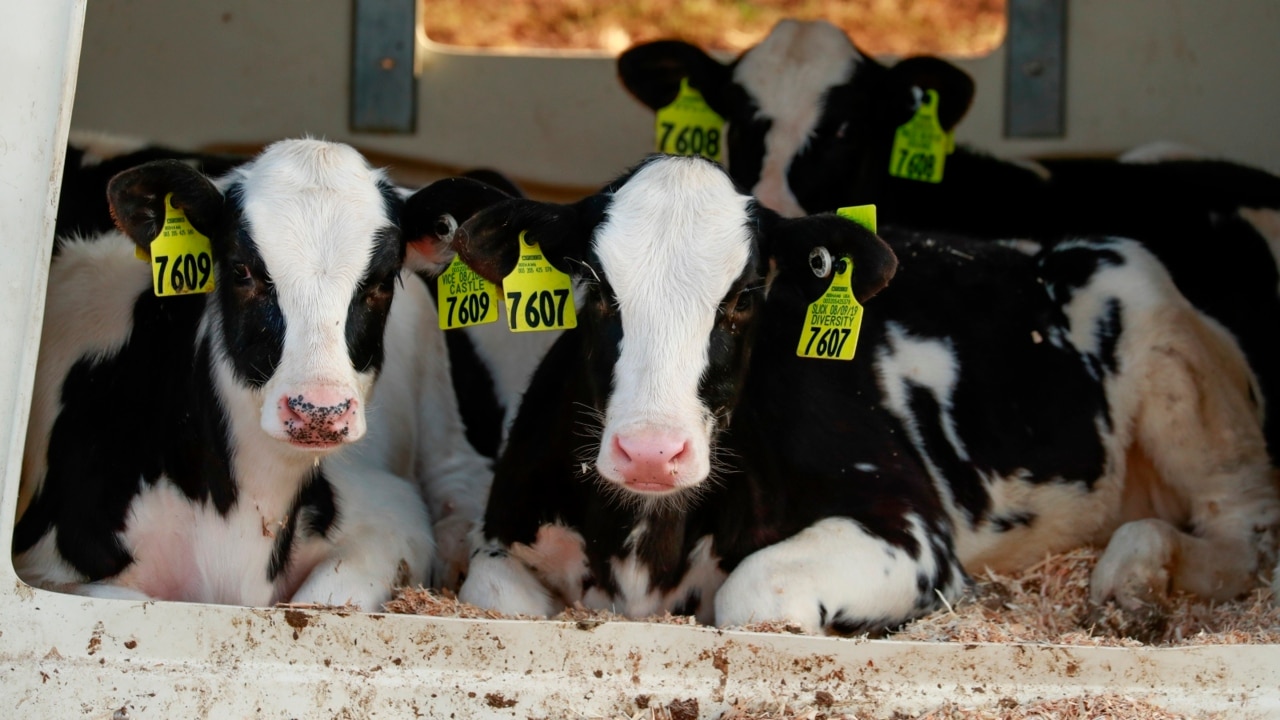
Nearly 90 countries have joined a US- and EU-led effort to slash emissions of methane by 30 per cent by 2030 from 2020 levels at the COP26 conference in Glasgow.
Methane is more short-lived in the atmosphere than carbon dioxide but 80 times more potent in warming the earth. Cutting emissions of the gas, which is estimated to have accounted for 30 per cent of global warming since pre-industrial times, is one of the most effective ways of slowing climate change.
The Global Methane Pledge, first announced in September, now covers emissions from two-thirds of the global economy, according to the US official.
Among the signatories is Brazil – one of the five biggest emitters of methane, which is generated in cows’ digestive systems, in landfill waste and in oil and gas production.
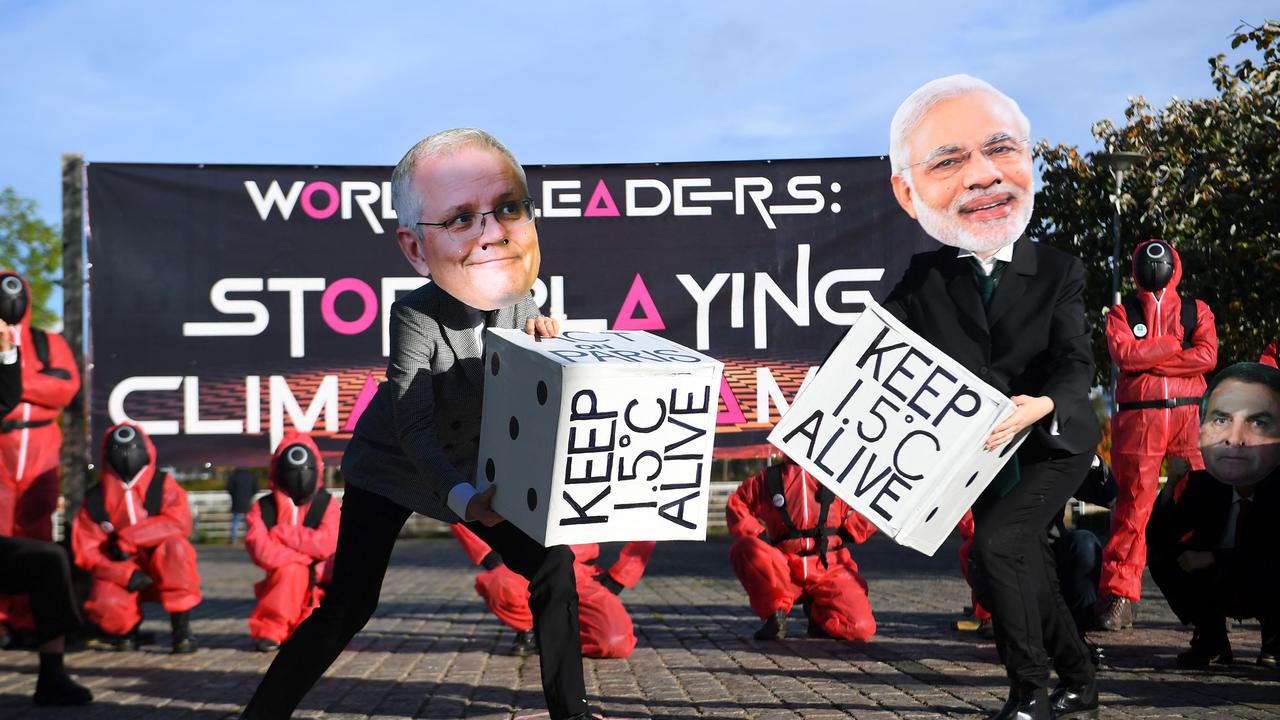
The other four – Australia, China, Russia and India – have not signed up. Australia had been under pressure to sign up but Minister for Industry, Energy and Emissions Reduction Angus Taylor said the only way Australia could achieve that target would be to reduce numbers of cattle and sheep.
“At present, almost half of Australia’s annual methane emissions come from the agriculture sector, where no affordable, practical and large-scale way exists to reduce it other than by culling herd sizes,” Mr Taylor wrote.
Deputy Prime Minister Barnaby Joyce said his Nationals had insisted Mr Morrison not commit to reducing methane at the Glasgow summit.
Inaction on methane was one of the conditions the rural-based Nationals had placed on support for Morrison’s Liberal Party’s target of net zero emissions by 2050.
“The only way you can get your 30 per cent by 2030 reduction in methane on 2020 levels would be to go and grab a rifle, go out and start shooting your cattle because it’s just not possible,” Mr Joyce said.
US President Joe Biden said the pledge was a key part of reducing carbon emissions.
“One of the most important things we can do between now and 2030, to keep 1.5C in reach, is reduce our methane emissions as soon as possible,” said Mr Biden, referring to the central goal of the 2015 Paris agreement.
He called the pledge, which has so far been signed by more than 80 nations, a “game-changing commitment” that covered countries responsible for around half of global methane emissions.
European Commission head Ursula von der Leyen said that the methane cut would “immediately slow down climate change”.
“We cannot wait until 2050. We have to cut emissions fast and methane is one of the gases we can cut the fastest,” she said.
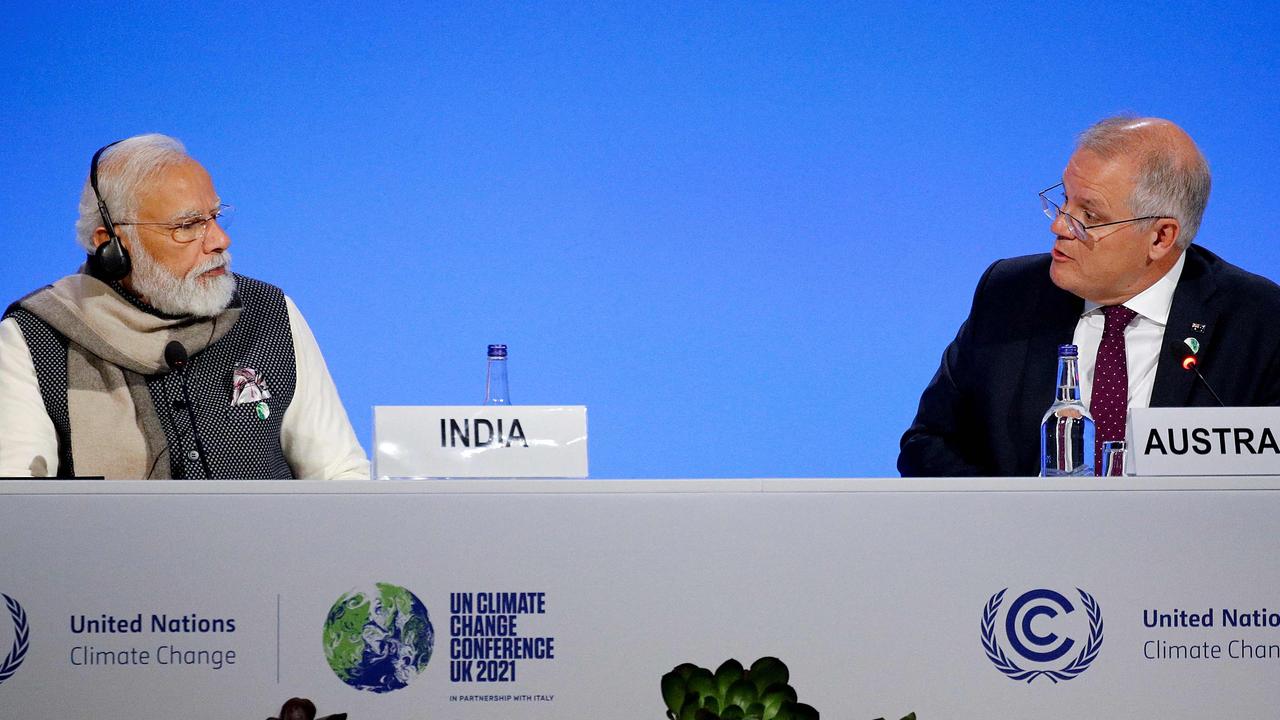
Heads of state and government are gathered in Glasgow for a two-day high-level summit that host Britain is hoping will kick start ambitious climate action during the two-week COP26.
Organisers say the ensuing shuttle diplomacy and painstaking negotiation will be crucial for the continued viability of the 2015 Paris Agreement, and its goal to limit temperature rises to between 1.5 and 2 degrees Celsius.
While the summit’s first day passed with much rhetoric but only lukewarm climate pledges, Tuesday’s twin announcements were broadly welcomed by campaigners.
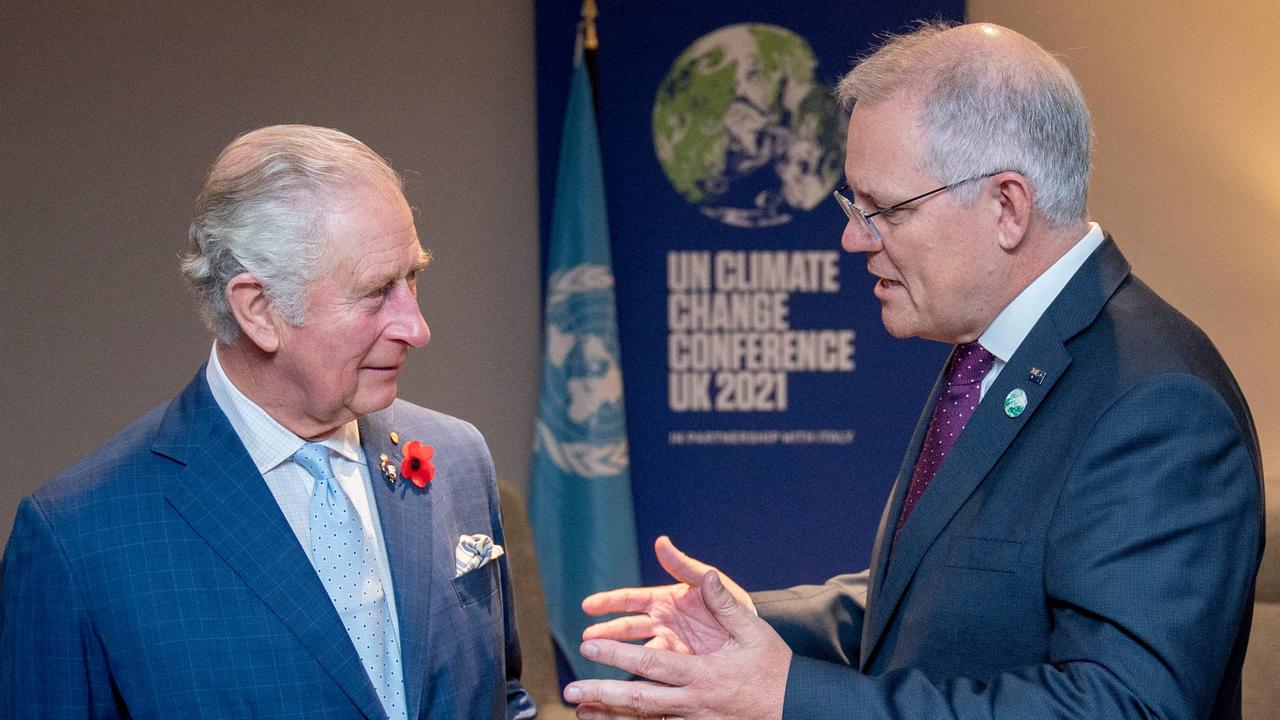
Earlier Tuesday, countries made a multibillion-dollar pledge to end deforestation by 2030.
But the promise was met with scepticism from environmental groups, and although details were sparse, it appeared to largely resemble a similar pledge made by more than 200 countries and organisations in 2014.
The British government said that the plan to drum up around $20 billion in public and private funding had been endorsed by more than 100 leaders representing over 85 per cent of Earth’s forests, including the Amazon rainforest.
The summit pact to “halt and reverse deforestation and land degradation by 2030” encompasses promises to secure the rights of indigenous peoples, and recognise “their role as forest guardians”.
While British Prime Minister Boris Johnson described the pledge as “unprecedented”, a UN climate gathering in New York in 2014 issued a similar declaration to end deforestation by 2030.
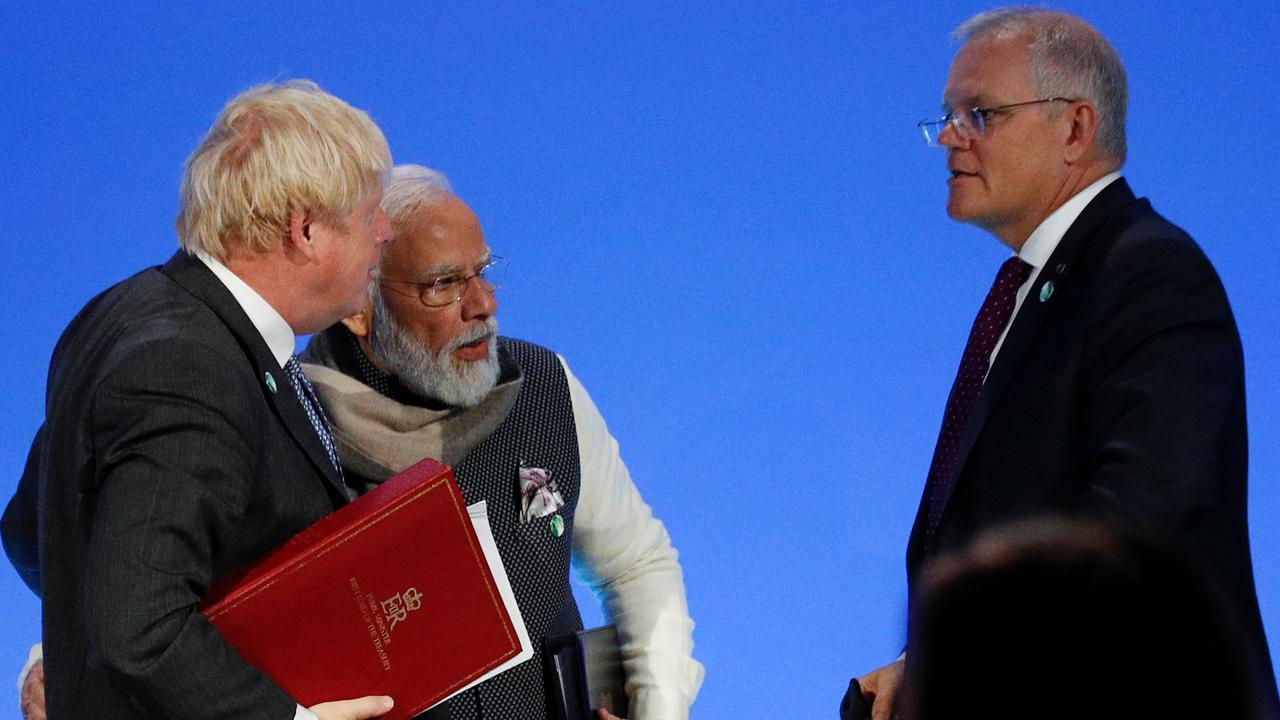
An assessment earlier this year found that seven years on from the pact, virtually no government was on course to fulfil their responsibilities.
Trees continue to be cut down on an industrial scale, not least in the Amazon under the far-right government of Brazilian President Jair Bolsonaro.
Humans have already cut down half of Earth’s forests, a practice doubly harmful for the climate when CO2-sucking trees are replaced with livestock or monoculture crops.
More Coverage
Meanwhile, chaotic scenes continued on Tuesday around the COP26 venue, with attendees queuing around the block awaiting security checks.
By early afternoon, the UN organisers sent a text alert asking people to stay away from the venue “in order to ensure compliance with Covid-19 measures”.
Accessibility issues in the locked down city centre were highlighted as Israel’s energy Minister, who uses a wheelchair, was unable to enter the venue on Monday.



